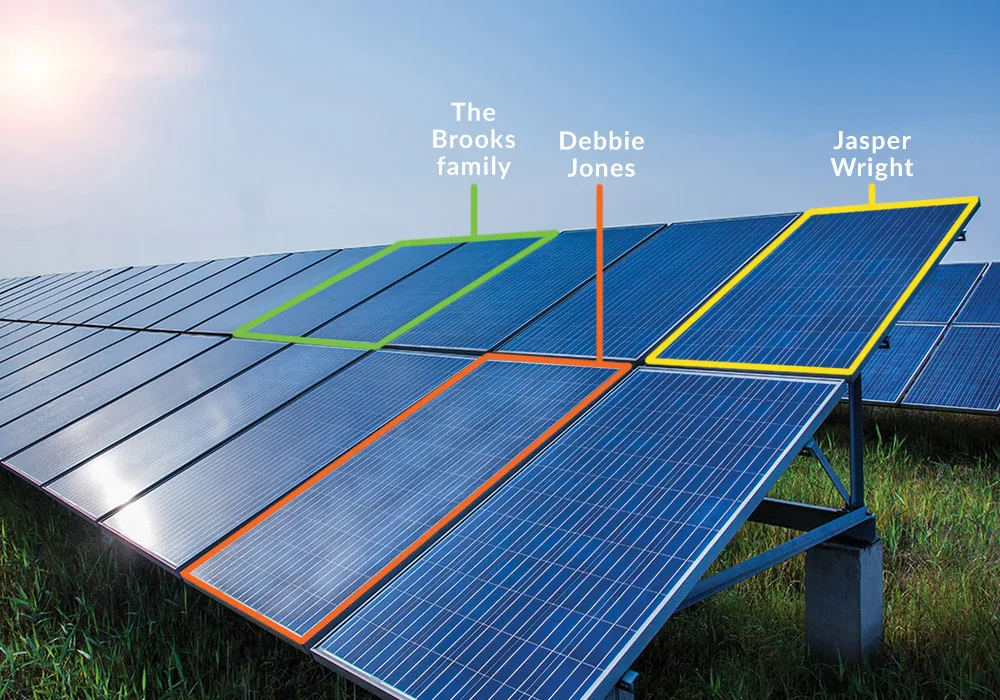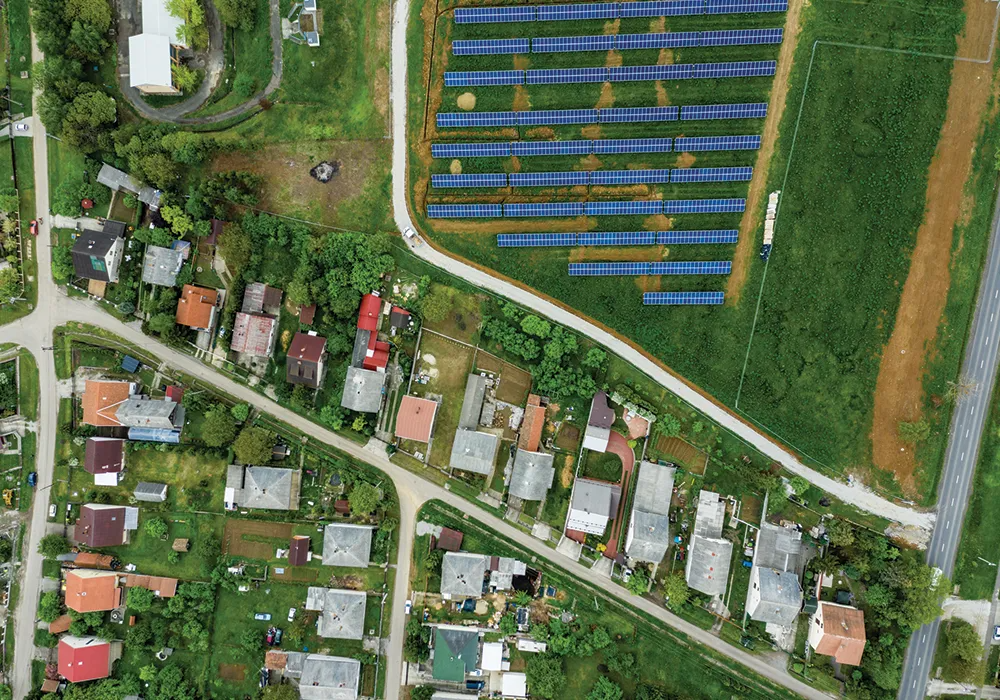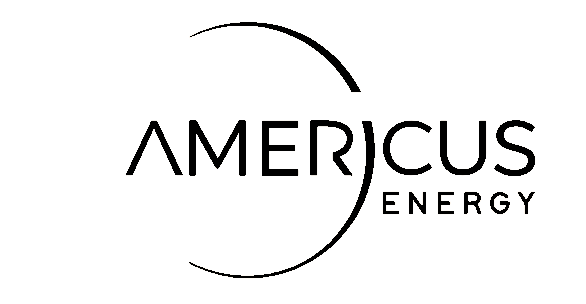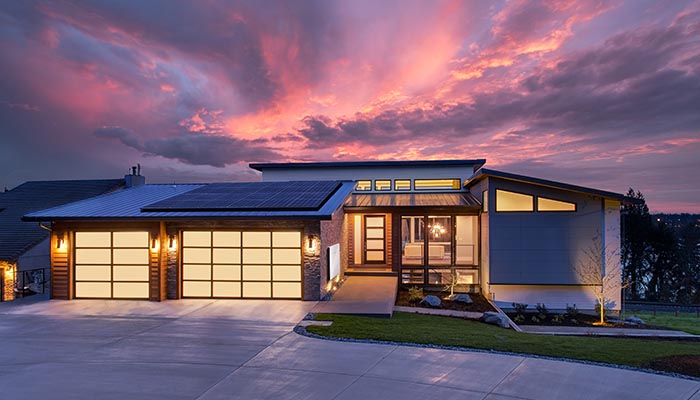
Photo: Massachusetts Clean Energy Center
As the world continues to shift towards renewable energy sources, one of the biggest challenges has been making these technologies accessible to everyone. However, community solar programs are helping to bridge this gap by bringing solar power to more households and businesses than ever before.
These programs allow individuals to invest in shared solar projects in their communities, allowing them to access the benefits of solar power without the costs and maintenance requirements of installing panels on their properties. Not only does this make renewable energy more accessible, but it also fosters a sense of community and collaboration among those participating in the program. By harnessing the sun’s power together, communities can reduce their carbon footprint and work towards a more sustainable future.
What is Community Solar?
Community solar is a game-changer for anyone looking to offset their energy bills and reduce their carbon footprint at the same time. By tapping into a shared solar farm, you can essentially “rent” a portion of the energy produced and use it to power your home or business.
The beauty of community solar is that you don’t need to invest in expensive panels or maintain them yourself. Instead, you get to enjoy solar power’s benefits without any hassle. And if you’re someone who moves around a lot or rents their home, community solar gives you the flexibility to take your credits to your new location.
Plus, with the ability to use solar power even in shady areas, you’re not limited by location or building type. Community solar truly is a win-win for everyone involved.

Photo: Massachusetts Clean Energy Center
Who can access Community Solar?
Community solar is becoming an increasingly popular option for those looking to access renewable energy sources, and many are wondering who has access to it in the United States.
The answer is that it varies by state and even by individual program. Some programs may be open only to low-income households, while others may be available to any residential or commercial customer within a certain utility service area.
Additionally, each community solar program may have different requirements, such as the number of shares or panels required for participation. As community solar offerings continue to evolve and expand across the country, it is important for consumers to research and understand the options available to them to make informed decisions about their energy usage.
Contact Americus Energy to find out how we can get your community solar project online today.


